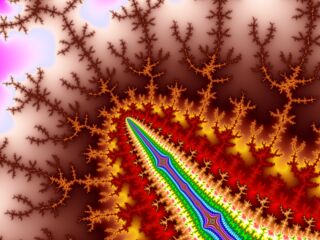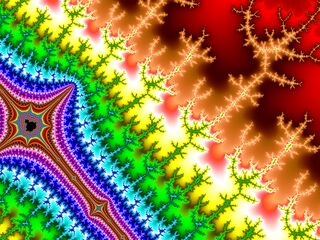András Máthé:
Tarski’s circle-squaring problem
Tarski’s circle-squaring problem, posed in 1925, asks whether a disc in the plane can be cut into finitely many pieces that can be rearranged to yield a square of the same area. The problem was solved by Miklós Laczkovich in 1989: circle squaring is possible, contrary to what most people expected. He showed that the disc can be cut into at most 1050 (non-measurable) pieces that can be rearranged by translations to form a partition of a square.
While there is still no better proven bound for the number of required pieces, in the past few years (more) constructive proofs have appeared that show that circle-squaring is possible using pieces that are much nicer: Lebesgue / Borel / Jordan measurable.
In this course we will look at key ideas of these proofs and learn about the mathematics behind them: we will understand why matchings and flows from graph theory are relevant, learn about descriptive combinatorics and hyperfinite equivalence relations, and see what role fractal dimension plays.




